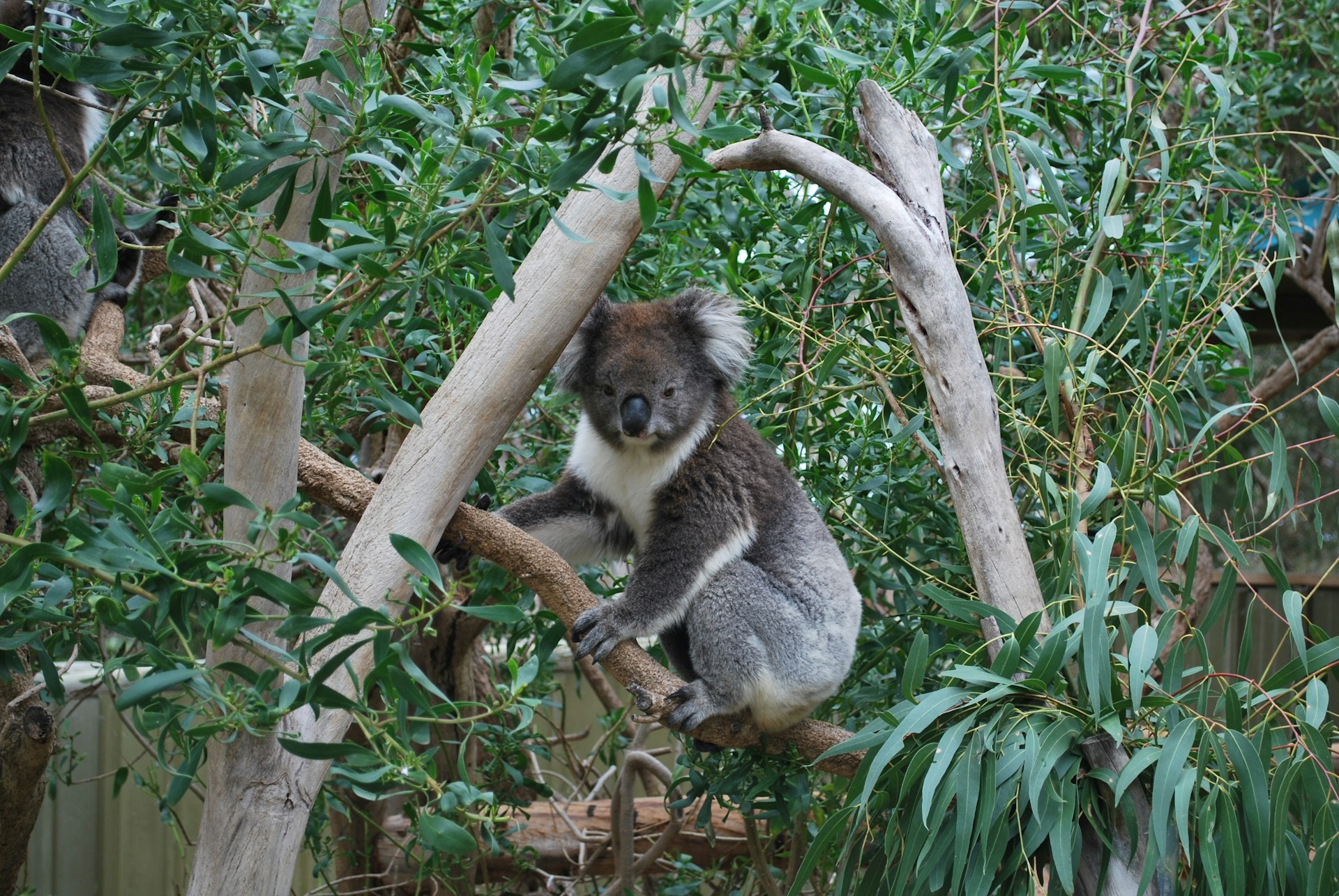
What are some engaging nature conservation projects you can participate in while camping?
As avid campers, your love for nature is pretty much a given. After all, camping invites you to immerse yourself in the natural world, to breathe in crisp, clean air, and to sleep under a blanket of stars. But could there be more to your camping trips? Could you be doing more to protect the natural spaces you hold dear? Absolutely! There are numerous nature conservation projects that you could participate in while camping. These programs allow you to enjoy the great outdoors while also contributing to its protection and preservation.
Participate in Citizen Science Programs
If you have a desire to contribute to scientific research, then participating in citizen science programs might be just the thing for you. These programs invite non-scientists to contribute to research projects, often collecting or analyzing data related to the environment. You could be involved in bird counts, butterfly monitoring, or water testing, to name just a few examples.
Cela peut vous intéresser : How to practice yoga safely while camping on uneven terrain in the UK?
Citizen science programs give you a chance to make a meaningful contribution to environmental research while also learning more about the wildlife and ecosystems around you. These programs often provide training and materials, so you don’t need any special skills or knowledge to get started. All that is required is a willingness to learn and a passion for nature.
While you're enjoying your camp, jot down some information about the local wildlife around you. Note down the types of birds you see, the insects you come across, and the plants that grow nearby. You can then upload this information to a central database where scientists can use it to track changes in wildlife populations and biodiversity. By participating in these programs, you can help scientists better understand and protect our natural world.
A lire aussi : How to maintain your privacy in open and exposed campsites in the UK?
Join Park Clean-Up Activities
Many campgrounds, especially those located in state or national parks, organize clean-up activities. These activities provide a valuable service to both the park and its wildlife. Trash and litter are not only unsightly, but they can also be harmful to wildlife. Animals can become entangled in trash or accidentally ingest it, leading to injury or even death.
Participating in these clean-up activities is a hands-on way to make a direct impact on the environment. Plus, clean-up activities can also be a fun and rewarding experience. You can make a game out of it, competing with other campers to see who can collect the most trash. Or, use it as a time to reflect on the impact of human activity on the environment and think about ways you can reduce your own waste.
If the park where you're staying doesn't already have a clean-up program in place, consider organizing one yourself. All you need are some garbage bags, gloves, and a group of enthusiastic campers.
Get Involved in Environmental Education Programs
Environmental education programs are another excellent way to contribute to nature conservation while camping. Many parks and outdoor organizations offer educational programs focusing on various aspects of the natural world, from wildlife conservation to water quality.
By participating in these programs, you can deepen your understanding of the natural world and learn more about the issues it faces. Plus, many of these programs provide opportunities to get hands-on, whether that means planting trees, building birdhouses, or conducting water tests.
In addition to participating in environmental education programs, you could also consider volunteering your time to help run these programs. This could involve leading nature walks, giving talks, or helping with program administration.
Support Wildlife Conservation Initiatives
Another way to contribute to nature conservation while camping is by supporting wildlife conservation initiatives. Many parks and campgrounds have initiatives in place to protect local wildlife, which could involve monitoring animal populations, restoring habitats, or educating campers about wildlife conservation.
Some parks and campgrounds have specific conservation projects that they are working on, such as protecting endangered species or restoring damaged habitats. You could contribute to these efforts by volunteering your time or donating to the cause.
In addition, every camper has a role to play in wildlife conservation by following responsible camping practices. This includes maintaining a safe distance from wildlife, storing food securely to avoid attracting wildlife, and respecting the natural environment.
Participate in Tree Planting Activities
Lastly, tree planting activities are a common feature of many nature conservation programs. Trees play a vital role in our environment, absorbing carbon dioxide, providing habitat for wildlife, and preventing soil erosion. Unfortunately, deforestation is a significant problem in many parts of the world, leading to a loss of wildlife habitat and contributing to climate change.
Participating in tree planting activities gives you a chance to make a direct, tangible impact on the environment. Plus, planting a tree can be a deeply rewarding experience. It's a testament to your commitment to nature conservation, a living, breathing monument that will continue to grow and contribute to the environment long after your camping trip has ended. Whether you're planting a single tree or a whole forest, you can take pride in knowing that you're making a difference in the world.
While camping allows you to connect with nature on a deep level, participating in these nature conservation programs lets you give something back to the environment. So the next time you pack up your camping gear and head out into the wilderness, consider how you might incorporate nature conservation into your trip. You'll find that it enriches your camping experience in a way that is both fulfilling and profoundly meaningful.
Eco-Friendly Camping: Become a Campground Host
As a camper, you can play an essential role in environmental stewardship by becoming a campground host. This is an opportunity that many state parks provide to campers, where you stay in the park for an extended period, usually a full camping season, and help park staff with various duties.
The tasks of a campground host can vary depending on the park, but they often include welcoming new campers, answering questions about the park and local regulations, promoting leave no trace principles, and maintaining clean facilities. This role is an opportunity to contribute to the preservation of natural resources in a much more significant way than a typical camping trip.
This role is not just about work, but it's also an opportunity to experience a more profound connection with nature. As a campground host, you get to live in the park for an extended period and truly become a part of the natural ecosystem. Plus, you also get to interact with a wide variety of people and help shape their camping experiences in ways that promote environmental conservation.
Volunteering as a campground host is an excellent way for campers to give back to the camping community and the natural world they love. It's also a chance to foster a more robust sense of environmental stewardship in others. So consider becoming a campground host on your next camping trip. It's a unique experience that's both rewarding and beneficial for the environment.
Integrate Outdoor Education in Your Camping Programs
While camping, consider integrating outdoor education into your trip. This is a great way to learn about natural resources and their importance in sustaining life on Earth. It's also a fun and engaging way to teach younger campers or students, if you are organizing a field trip or a nature camp, about the environment.
Outdoor education can take many forms. It can be as simple as identifying different plant and animal species, understanding their roles in the ecosystem, and learning about the importance of biodiversity. It can also involve more hands-on activities, like testing water quality, mapping the terrain, or studying weather patterns.
Many state parks and summer camps offer structured outdoor education programs, often led by knowledgeable camp staff or park rangers. These programs provide a wealth of information and a unique perspective on the natural world. Even if you're camping independently, you can still incorporate outdoor education into your trip. There are plenty of resources available online to guide you.
Remember that every camper, regardless of age, can benefit from outdoor education. It's an opportunity to deepen our understanding of nature and foster a greater appreciation for its beauty and importance. Plus, it makes camping trips more exciting, engaging, and meaningful.
In Conclusion
As campers, we have a unique opportunity to contribute to nature conservation in various ways. Whether you choose to participate in citizen science programs, join park clean-up activities, get involved in environmental education programs, support wildlife conservation initiatives, participate in tree planting activities, or even become a campground host, your efforts will make a difference.
Remember, every small action counts when it comes to conserving our natural world. Even simple practices like observing leave no trace principles and being an eco-friendly camper can have a significant impact. So the next time you plan a camping trip, consider how you can incorporate nature conservation into your itinerary. You'll not only be helping to protect our precious natural resources, but you'll also be creating a more enriching and meaningful camping experience for yourself and other campers.
